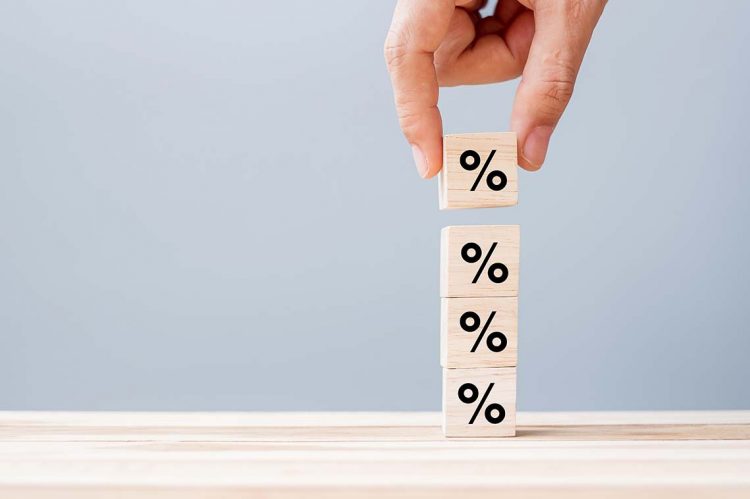The 30-year fixed-rate mortgage (FRM) averaged 3.12% for the week ending Dec. 16, according to Freddie Mac’s latest Primary Mortgage Market Survey®.
Mortgage rate details:
- The 30-year fixed-rate mortgage averaged 3.12% with an average 0.6 point, up from last week when it averaged 3.10%. Last year, the 30-year FRM averaged 2.67%.
- The 15-year fixed-rate mortgage averaged 2.34% with an average 0.7 point, down from last week when it averaged 2.38%. Last year, the 15-year FRM averaged 2.21%.
- The 5-year Treasury-indexed hybrid adjustable-rate mortgage (ARM) averaged 2.45% with an average 0.3 point, unchanged from last week. Last year, the 5-year ARM averaged 2.79%.
The takeaway:
The Federal Reserve pivoted in its last meeting, removing language that indicated the rising level of inflation was transitory and forecasting several rate hikes in the years to come to tackle the concerning trend. The latest mortgage rate bump is an indication of how changes in federal policy will impact mortgage interest rates in the future.
“Mortgage rates inched up as a result of economic improvement and a shift in monetary policy guidance,” said Sam Khater, Freddie Mac’s chief economist, in a statement. “While house price growth is slowing, prices remain high due to solid housing demand and low supply. We expect rates to continue to increase into 2022 which may leave some potential homebuyers with less room in their budgets on the sideline.”
“Concern about the potential impact of the omicron variant–for which expectations are evolving rapidly–largely offset stronger economic data including an uptick in both builder and small-business confidence. Confirming the builders’ upbeat outlook, construction data for November exceeded expectations. Coupled with the Fed announcement however, we expect this stronger economic data to lead to a bigger uptick in mortgage rates in the weeks ahead unless new information suggests that omicron is a bigger concern,” said realtor.com® Chief Economist Danielle Hale in a statement.
“The housing market remains competitive, with our data showing that asking prices jumped this week. With rents also surging, up 19.7% in the last year, the rental market isn’t offering any relief from high housing costs,” added Hale. “In response to these realities, first-time homebuyers are more determined than ever. Our recent survey data shows that aspiring first-time homebuyers are upping their home budgets and more willing to offer above asking-price to be successful in today’s housing market.”












